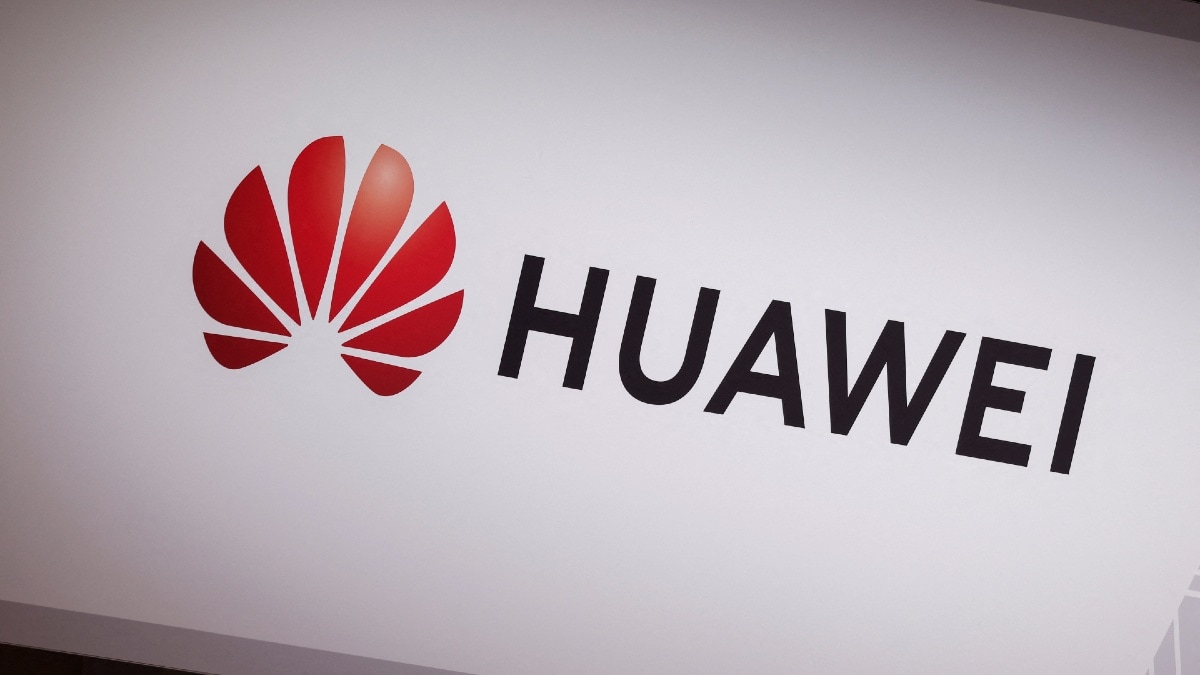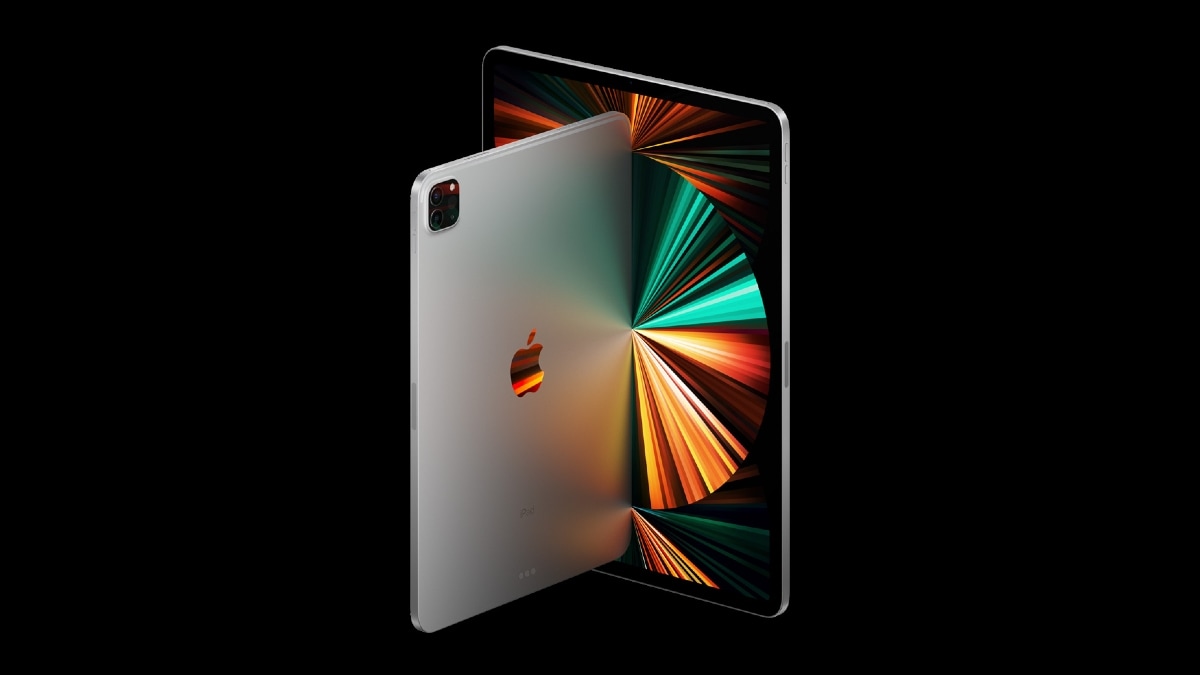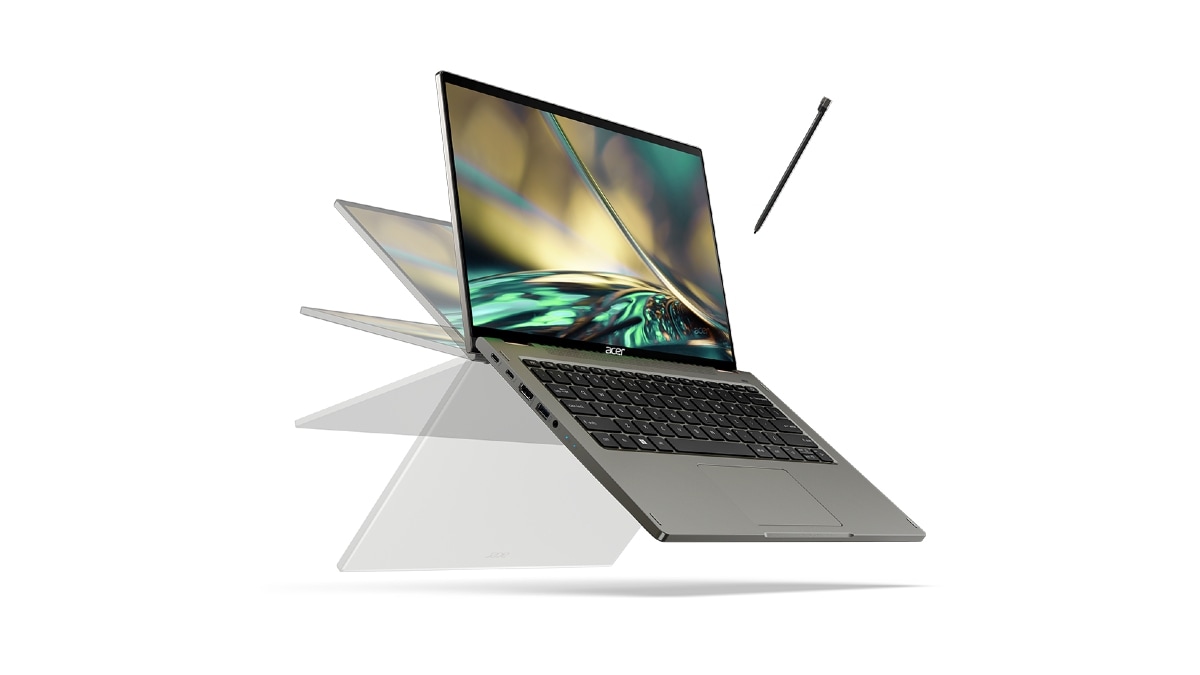Huawei said on Friday its first-half net profit more than halved as a difficult economy curtailed demand from customers, compounding troubles brought by US technology restrictions.
Revenue dropped 5.9 percent year-on-year during the period to CNY 301.6 billion (roughly Rs. 3.6 lakh crore), with a sharper decline during January-March.
“While our device business was heavily impacted, our ICT infrastructure business maintained steady growth,” said Ken Hu, Huawei’s rotating chairman, referring to its business-to-business enterprise unit.
The Chinese technology firm’s profit margin narrowed to 5 percent, with a net profit of CNY 15.08 billion (roughly Rs. 18,000 crore), according to Reuters calculations, down from CNY 31.39 billion (roughly Rs. 37,000 crore) in the first half of 2021.
A weak economy, COVID-19 disruptions and supply chain challenges hurt the company’s device business which sells smartphones and laptops, a company spokesperson said.
Revenue from that business slumped by more than a quarter to CNY 101.3 billion (roughly Rs. 1 lakh crore). Its carrier and enterprise businesses both saw growth.
Huawei also boosted investment into new technology and businesses, which impacted profit.
Second-quarter sales in the wider Chinese smartphone industry fell 14.2 percent year-on-year, while volumes hit a decade low, Counterpoint Research said last month.
The United States placed Huawei on an export blacklist in 2019 that barred it from accessing critical technology of U.S. origin, hurting its ability to design chips and source components from outside vendors.
The ban devastated the company’s once-dominant handset business.
Huawei is building new business lines, including smart car components and energy efficiency systems, with its cloud services business, taking 18 percent of China’s growing market, according to consultancy Canalys.
Huawei has also rolled out its own proprietary Harmony operating system, which is now being used on 300 million Huawei devices.
“We will harness trends in digitalization and decarbonization to keep creating value for our customers and partners, and secure quality development,” said Hu.
© Thomson Reuters 2022



